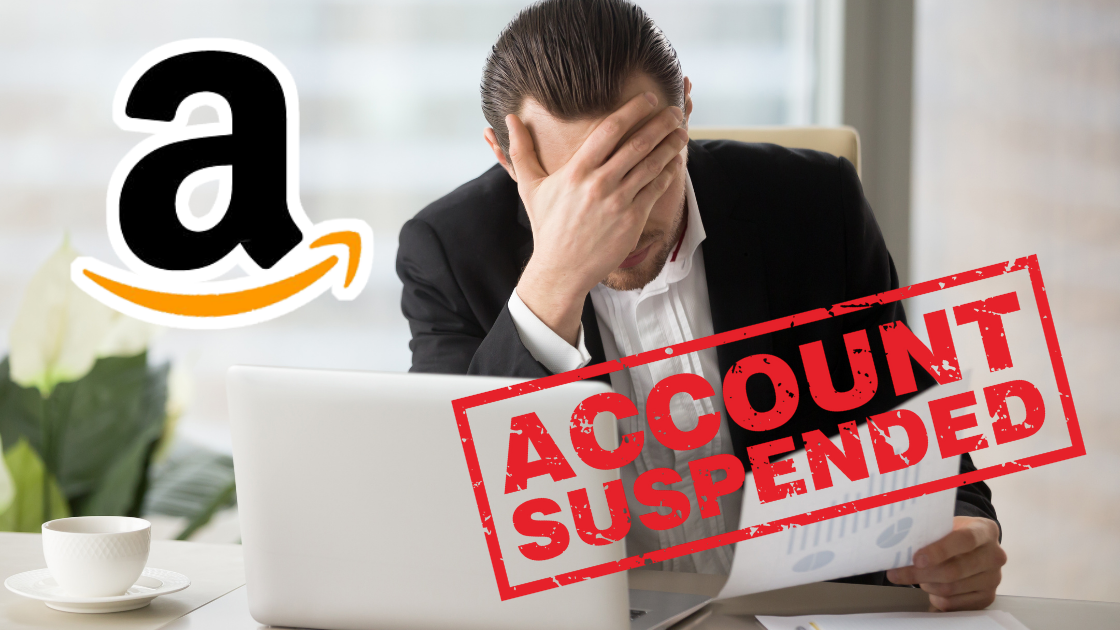


The holiday gift-buying season is almost at hand. The "when" part of the formula is especially intriguing. The idea is to have the buildings where they need them, when they need them. Meanwhile, Amazon continues its building spree in other locations, if at a diminished pace.

The company has achieved this near decimation by slowing its hiring and also, as Bloomberg put it, "tightening disciplinary or productivity standards." But during the second quarter of this year alone, they have trimmed their hourly workforce by 100,000 people, down to 1.52 million. So far, they have not had to resort to layoffs. Now it has warehouses to sell and employees to get rid of. Amazon weathered the crisis, and the crisis has passed.

In other words, they did what they had to do to meet the demand.īut happily, shoppers are discovering brick-and-mortar stores again. This fact astounds me: For a while, the corporate giant was opening an average of one massive new warehouse every 24 hours. They doubled their already massive shipping and storage capacity in just two years. They were moving more product than ever, and they needed space to keep the inventory until they could ship it out. When the coronavirus first hit and everybody started shopping online, Amazon leadership moved basically to open as many warehouses as they could. Has it reached a saturation point at which it is so dominant in American business that it can no longer expand and necessarily has to begin to contract? Another 21 buildings with a whopping 28 million square feet of usable space have had their openings delayed.ĭoes that mean that Amazon has had a setback? Has its tentacles, like kudzu, finally reached a place in which it cannot grow? Most of the buildings that have closed are delivery stations, which is where delivery drivers are given the goods to be delivered.įorty-two buildings or planned facilities are affected, totaling almost 25 million square feet of usable space. The news, compiled over the last few months by consulting firm MWPVL and reported by Bloomberg, is that Amazon is closing dozens of its facilities and scuttling plans to open others. That's good news or bad, depending on whether you consider the online retailing giant to be our benevolent overlord or the epitome of evil and the root cause for the end of civilization.


 0 kommentar(er)
0 kommentar(er)
